Summaries of books about European History:
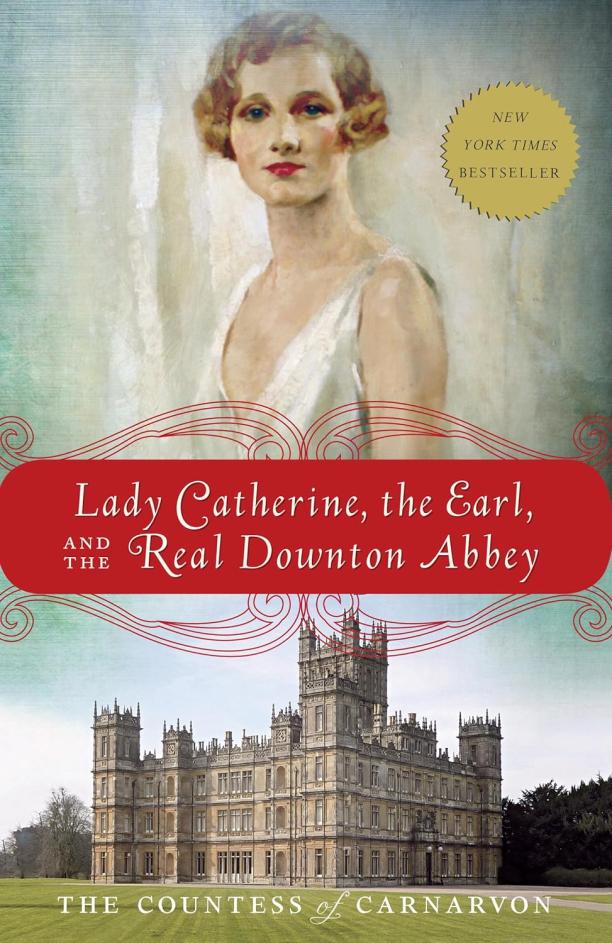
Lady Catherine, the Earl, and the Real Downton Abbey
The Countess of Carnarvon
The book delves into the history of Highclere Castle, the real-life inspiration for the television series Downton Abbey, focusing on the lives of Lady Catherine, the American heiress who married the Earl of Carnarvon, and their family during the tumultuous early 20th century. It provides a detailed account of the castle's role during World War II, the aristocratic lifestyle of the time, and the challenges faced by the family, including financial difficulties and societal changes.
See full summary
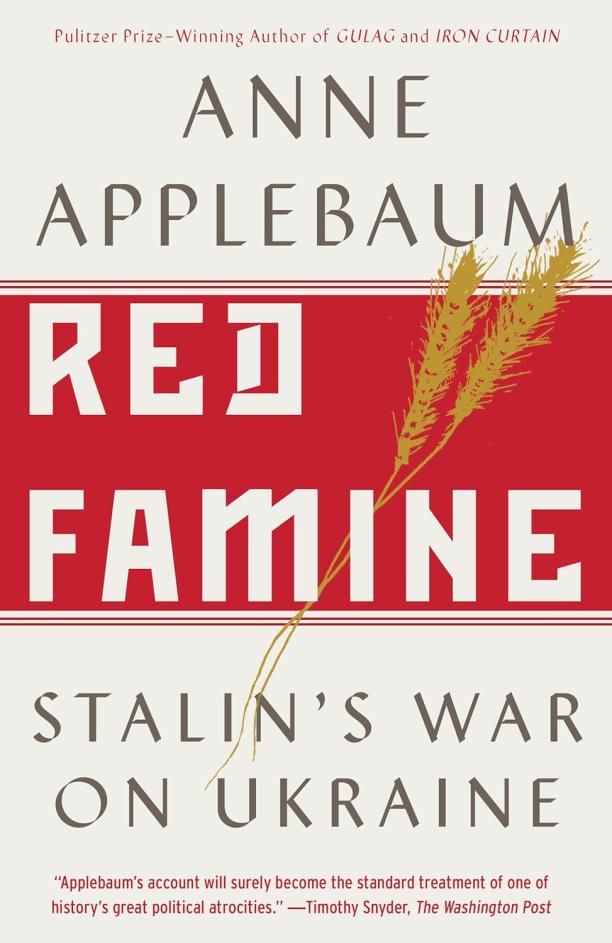
Red Famine
Stalin's War on Ukraine
Anne Applebaum
The book delves into the causes and consequences of the Holodomor, the catastrophic famine that struck Ukraine from 1932 to 1933, resulting from Joseph Stalin's policies. It examines the historical context, the Soviet government's actions, and the devastating impact on the Ukrainian population, arguing the famine was a deliberate act of genocide.
See full summary
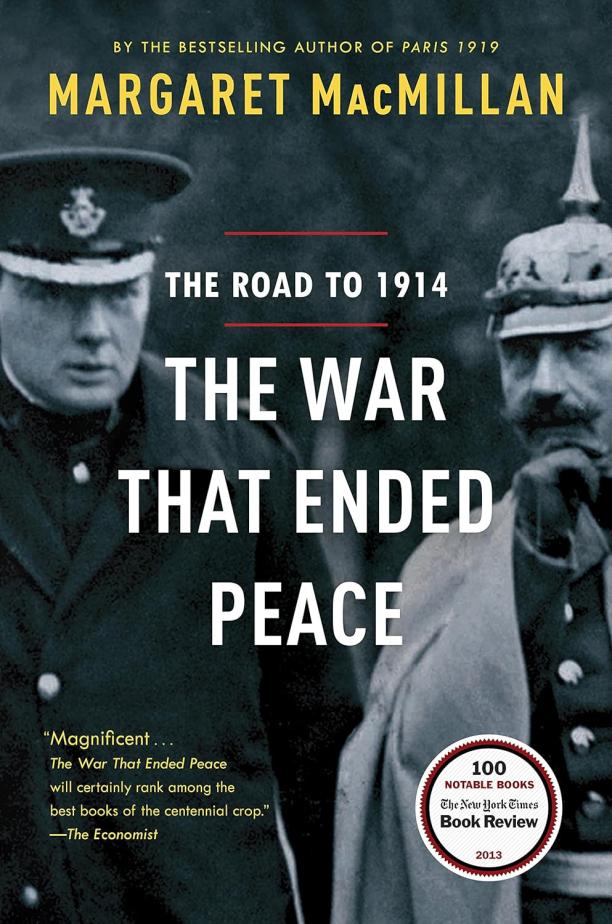
The War That Ended Peace
The Road to 1914
Margaret MacMillan
The book provides a detailed analysis of the complex political, social, and economic factors that led to the outbreak of World War I, examining the roles of various European powers and leaders. It explores the decisions and actions in the years leading up to 1914 that dismantled the fragile peace and set the stage for global conflict.
See full summary
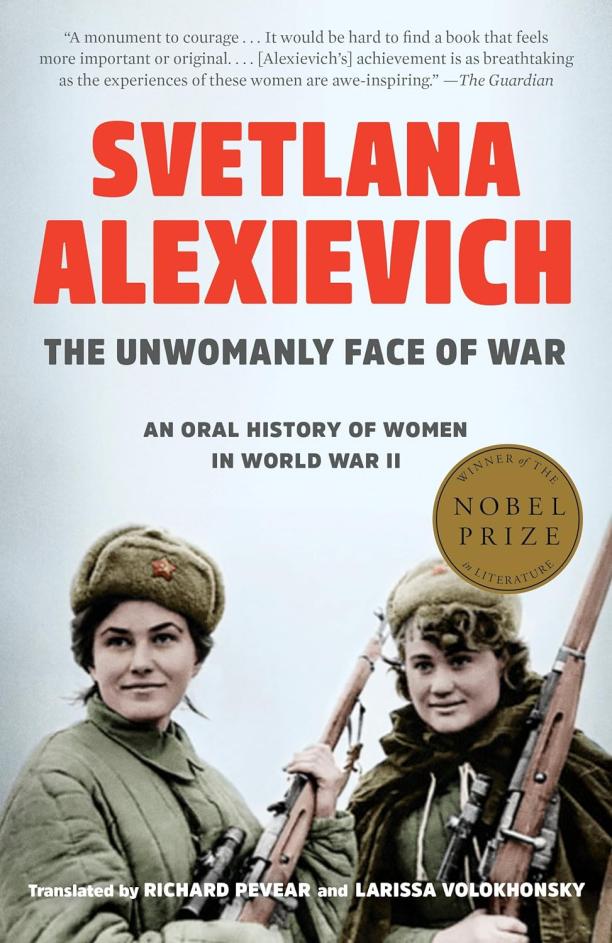
The Unwomanly Face of War
An Oral History of Women in World War II
Svetlana Alexievich
The book is a collection of personal accounts from Soviet women who participated in World War II, sharing their experiences as soldiers, nurses, snipers, and pilots. It uncovers the often overlooked and harrowing stories of female combatants, revealing the emotional and physical toll of war on women who fought on the front lines.
See full summary
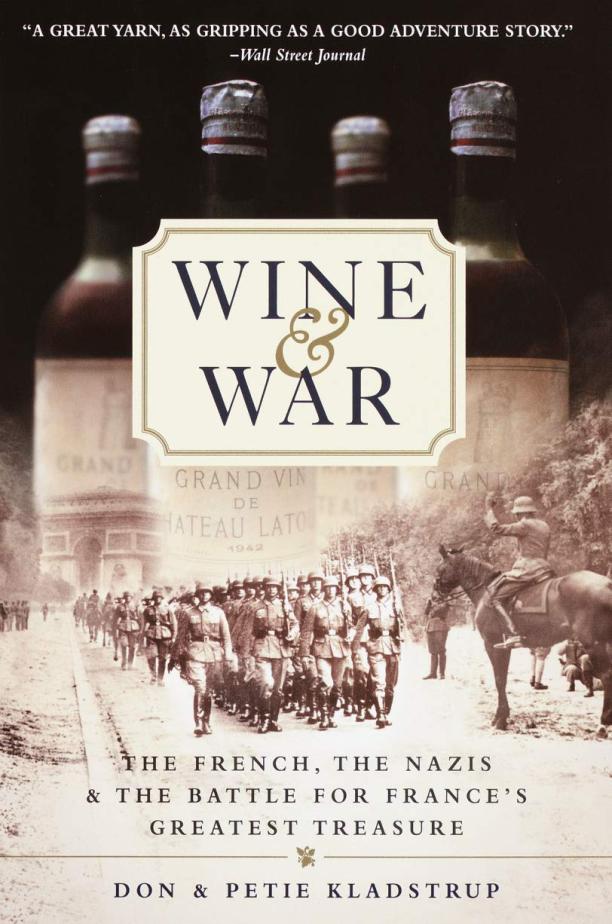
Wine and War
The French, the Nazis, and the Battle for France's Greatest Treasure
Don Kladstrup
The book narrates the struggle of French winemakers to protect their cherished vineyards and vintages from Nazi plunder during World War II. It details the ingenious methods they used to hide and save their wines, as well as the cultural importance of wine in French identity and resistance.
See full summary

Eichmann in Jerusalem
A Report on the Banality of Evil
Hannah Arendt
The book presents a detailed account of the trial of Adolf Eichmann, a key figure in the Nazi Holocaust, capturing the proceedings and the broader implications of his actions and defense. It introduces the concept of the "banality of evil," suggesting that Eichmann's crimes stemmed from thoughtless conformity rather than inherent malevolence.
See full summary
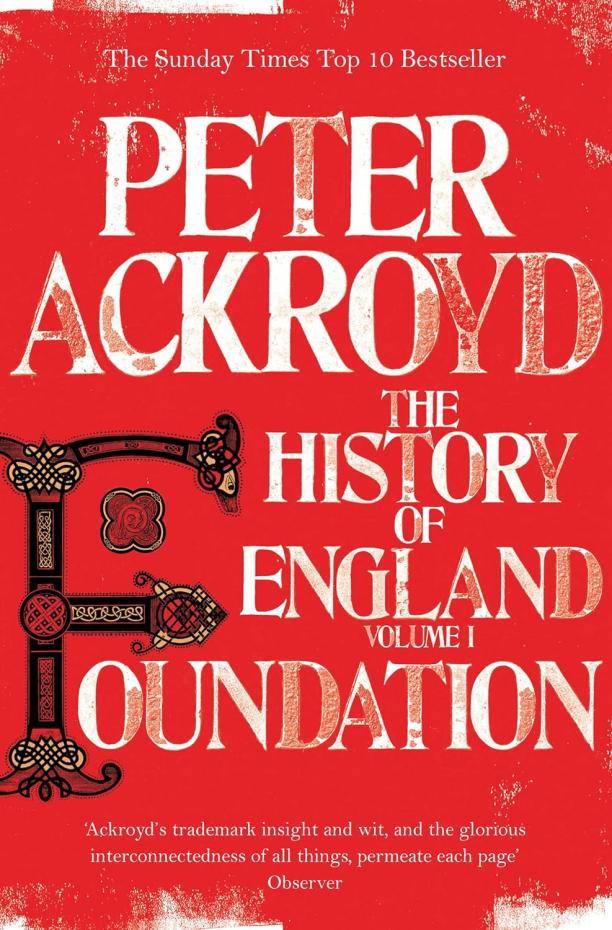
Foundation
The History of England Volume I
Peter Ackroyd
The book traces the evolution of England from its earliest prehistoric period through the Roman occupation, Anglo-Saxon era, and up to the end of the reign of Henry VII in 1509. It explores the social, political, and cultural developments that shaped the nation's early history.
See full summary
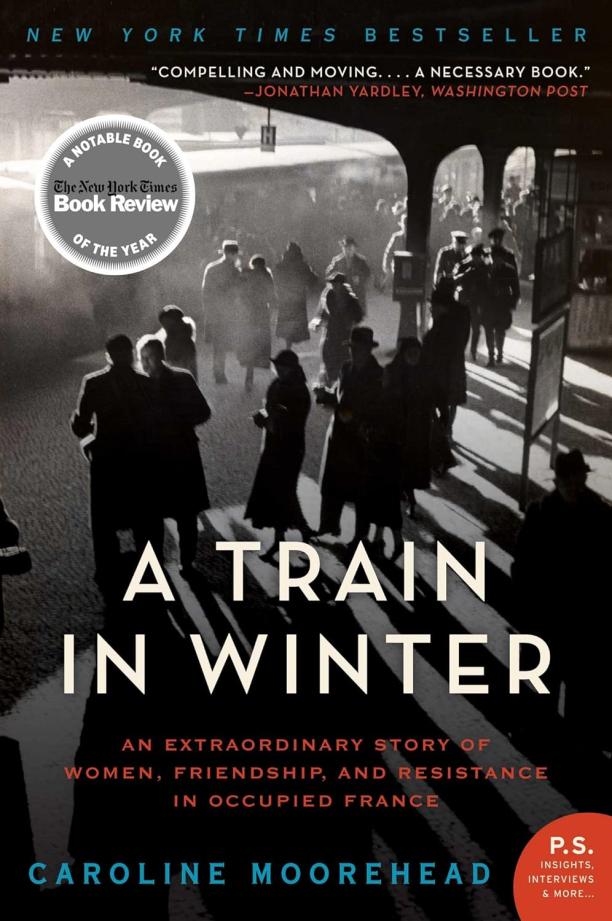
A Train in Winter
An Extraordinary Story of Women, Friendship, and Resistance in Occupied France
Caroline Moorehead
The book recounts the harrowing tale of a group of French women who were part of the Resistance during World War II, detailing their courageous acts against the Nazi occupation. It follows their eventual capture and the brutal experiences they endured together in concentration camps, highlighting the strength of their friendship and solidarity in the face of extreme adversity.
See full summary
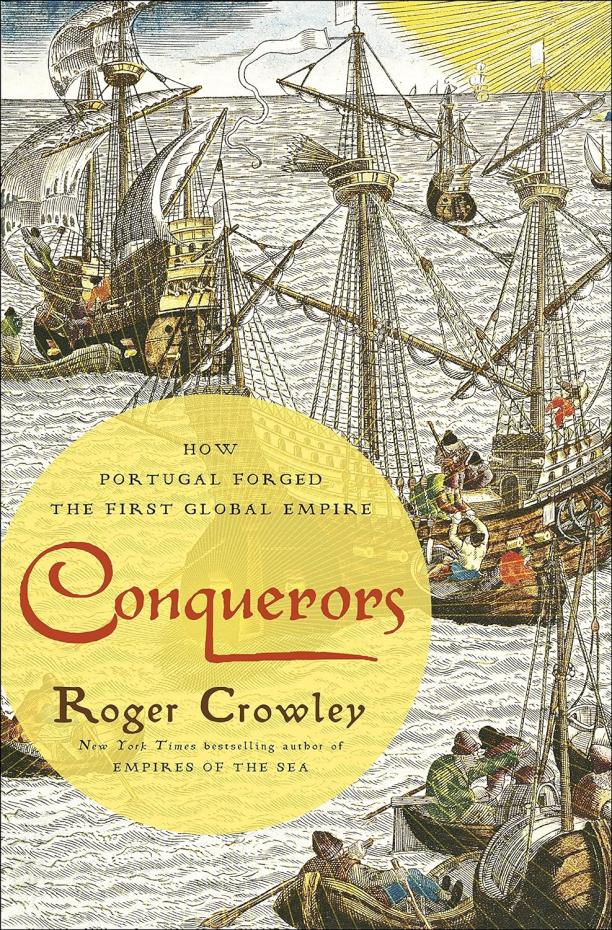
Conquerors
How Portugal Forged the First Global Empire
Roger Crowley
The book chronicles the Portuguese expansion during the 15th and 16th centuries, detailing the navigational breakthroughs and maritime conquests that led to the creation of the first transoceanic empire. It explores the motivations, strategies, and impacts of Portugal's explorers and conquerors, such as Vasco da Gama and Afonso de Albuquerque, on global trade and cross-cultural encounters.
See full summary
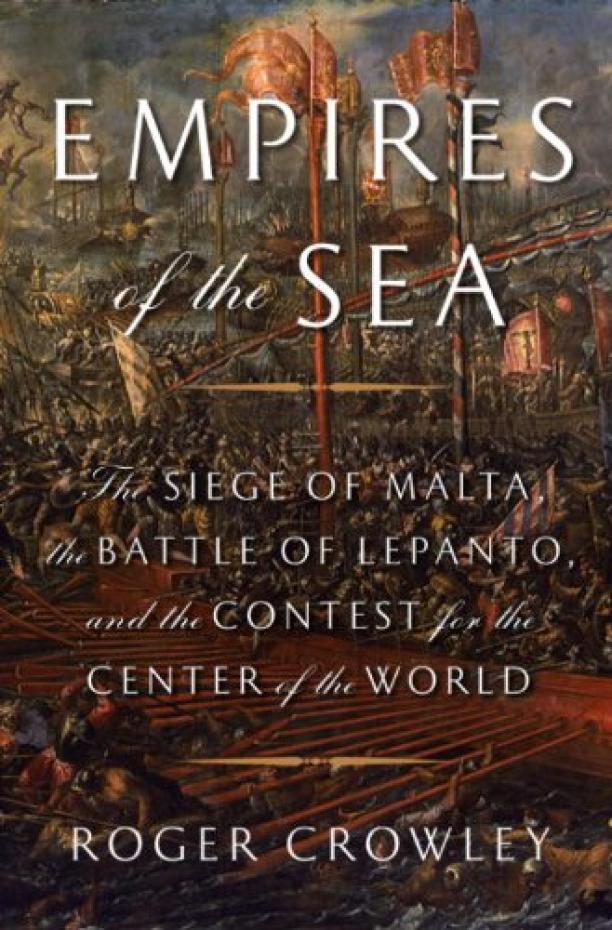
Empires of the Sea
The Siege of Malta, the Battle of Lepanto, and the Contest for the Center of the World
Roger Crowley
The book chronicles the epic struggle for control of the Mediterranean during the mid-16th century, focusing on two pivotal clashes: the Ottoman Empire's siege of Malta in 1565 and the Holy League's naval victory at the Battle of Lepanto in 1571. It explores the cultural, military, and religious tensions between Christian Europe and the Muslim Ottoman Turks, detailing the heroism, strategy, and brutality that shaped the fate of the region.
See full summary